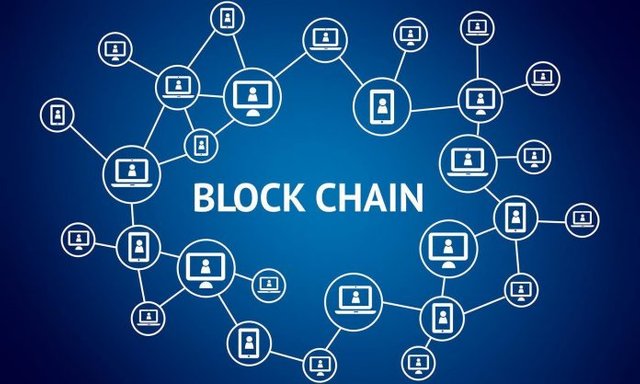Blockchains and AI (Artificial Intelligence)
 Blockchains and AI (Artificial Intelligence)
Blockchains and AI (Artificial Intelligence)
What is AI ?
Artificial Intelligence (AI) is usually defined as the science of making computers do things that require intelligence when done by humans. AI has had some success in limited, or simplified, domains . Capabilities generally classified as AI as of 2017 include successfully understanding human speech,competing at a high level in strategic game systems (such as chess), autonomous cars, intelligent routing in content delivery networks, military simulations, and interpreting complex data.
The overall research goal of artificial intelligence is to create technology that allows computers and machines to function in an intelligent manner and replace humans duty.
Before we discuss applications, let’s first review what’s different about blockchains compared to traditional big-data distributed databases
Traditional database standards vs blockchains
By traditional database standards, traditional blockchains like Bitcoin are terrible: low throughput, low capacity, high latency, poor query support, and so on. Blockchains introduced seven new characteristics: decentralized system, transparent, removing third-party risks etc.
These new “blockchain” database characteristics are also potentially interesting for AI applications.
But most real-world AI works on large volumes of data, such as training on large datasets or high-throughput stream processing. So for applications of blockchain to AI, you need blockchain technology with big-data scalability and querying. Emerging technologies like BigchainDB, and its public network IPDB do exactly that. You no longer need to compromise on the the benefits of traditional big-data databases in order to have the benefits of blockchains.
picture from S2M site.
Overview of Blockchains for AI
Let’s now explore what those might be, by starting with three blockchain benefits.
Immutability - ability to test more data and models, to improve the trustworthiness of the models. Deep learning directly fits in this context: it’s the result of figuring out how, if given a massive enough dataset, to start to capture interactions and latent variables.
Decentralized - Leads to more data, and systems that you can’t shut off.
Consider the sharing of data among different ecosystems or of individual participants in a planet-scale ecosystem (e.g. the Web). More data from more sources could improve the models. For example, spikes in broken parts in some factories in India might be correlated with fraudulent auto parts emerging on the market a day’s worth of shipping later.
Transparency - Leads to training/testing data & models as intellectual property (IP) assets,claim of copyright, it offers a tamper-resistant global public registry. which leads to model exchanges.
DAO (Decentralized Autonomous Organizations) - Leads to a computational process that runs autonomously with the global store data (Blockchain) and will process it via smarts contracts.
Summary
This essay has described how blockchain technology can help AI . Blockchain technologies can help realize some long-standing dreams of AI and data folks, and open up several opportunities.
adapted from Trent McConaghy article

I am also new at steemit but your work is appreciable
thank you:)
Congratulations @bit-news! You have completed some achievement on Steemit and have been rewarded with new badge(s) :
Click on any badge to view your own Board of Honor on SteemitBoard.
For more information about SteemitBoard, click here
If you no longer want to receive notifications, reply to this comment with the word
STOP